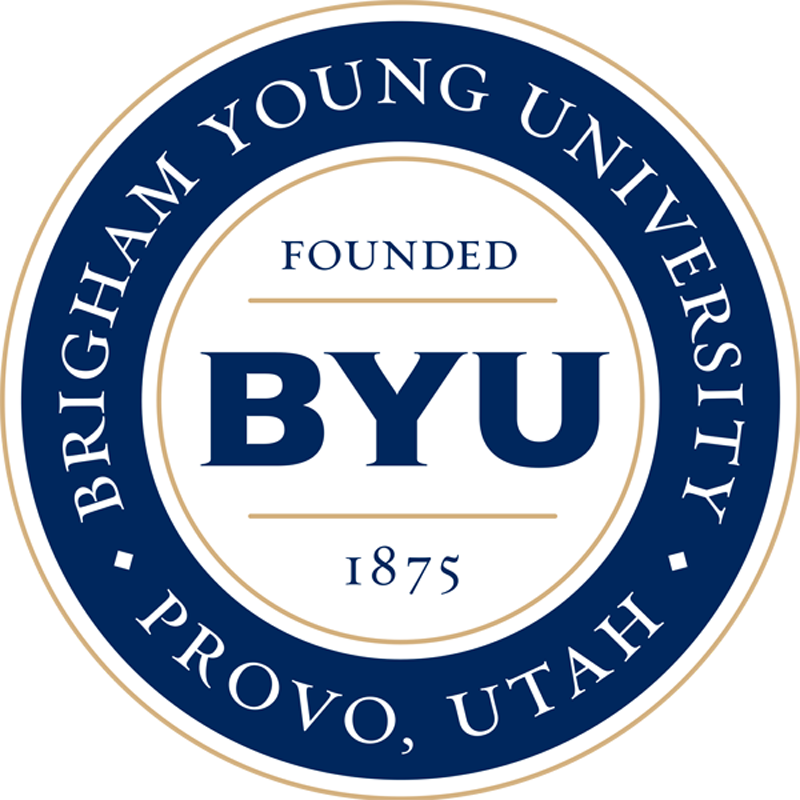Globalization: What Drives Globalization?
Economic Changes
Economic changes refer to world banking and trade policies that facilitate the exchange of goods and services. For example, in 1995, 153 nations formed the World Trade Organization that oversees trade agreements and disputes. This organization accounts for over 95% of all world trade. The International Monetary Fund (IMF) has 187 member countries that work to foster cooperation on global monetary matters, secure financial stability, facilitate international trade, promote high employment and sustainable economic growth and reduce poverty around the world. It was created at the end of the Second World War and continues today to address the challenges of a global economy. Each of the initiatives has allowed for imports to and exports from the U.S. to grow from $1.7 trillion in 1995 to over $4 trillion in 2007. These policies have led to intertwined commerce and banking policies. When one nation struggles (i.e. countries struggling with their debt load or the housing crisis) it affects other nations.
Many U.S. companies have the majority of their sales in international markets. International sales of the following companies were: Hewlett Packard, 67%, Intel 80%, General Motors 72%, Cisco 50%, and Boeing 42% (BBC, 2008, Opdyke, 2011, Muller, 2009, Boudreau & Davis, 2009, Bleeker, 2011).


